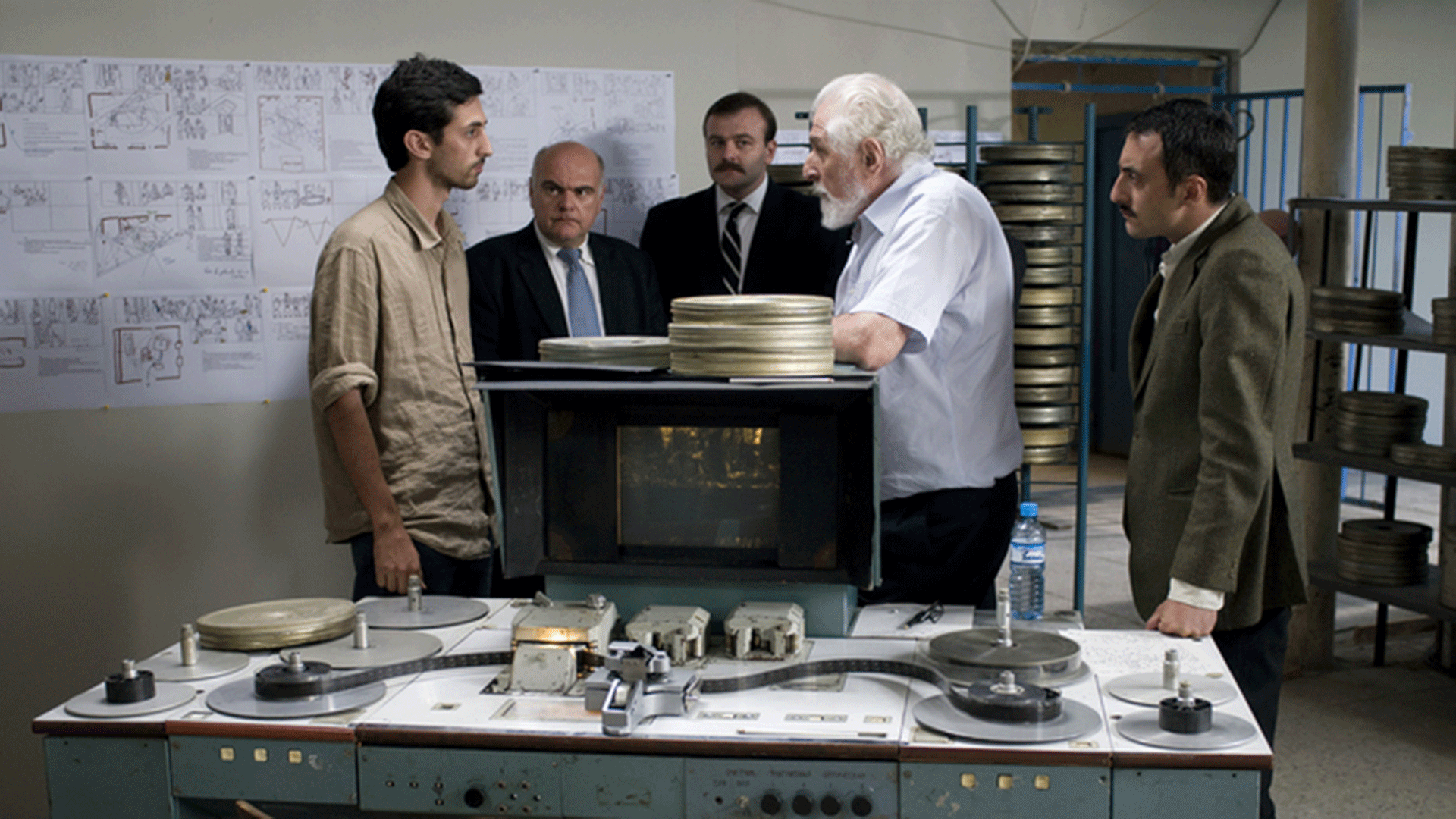
Nicolas, a young Georgian filmmaker, instead of complying with the suggestions that the censorship officials make regarding his film, he prefers to exile himself and smuggle his film to France. There, however, the French producers will also slice out part of his film contemptuously. Although Nicolas' experiences echo Iosseliani's own life as a director, it would be way too simplistic to see the film as purely autobiographical. It is obvious that the director wishes to make universal observations on art as both dangerous and seductive, on artistic integrity and film practice, while simultaneously parodying his self-importance. Hence his ironic choice of title “Chantrapas - a word coined in 19th century Russia to describe those who cannot sing, and whose modern usage means "good for nothing"- aims to reinforce his character as a misfit.
Otar Iosseliani
Otar Iosseliani was born in 1934 in Tbilisi, Georgia, where he studied music composition, conducting and piano. In 1953 he went to Moscow to study mathematics, but in two years he quit and entered the State Film Institute where his teacher was among others, Alexander Dovzhenko. While still a student in film direction, he began working in Tbilisi, first as an assistant director and then as an editor of documentaries. When his medium-length film “Aprili” (1961) was denied theatrical distribution, Iosseliani abandoned filmmaking and in 1963-1965 worked first as a sailor on a fishing boat and then at a metallurgical factory. When his 1976 film “Pastorali"" was shelved for a few years and then granted only a limited distribution, Iosseliani grew skeptical about getting any artistic freedom in his homeland. In 1984 he moved to France where he made “Favorites Of The Moon”. The film was distinguished with a Special Jury Prize at the Venice Film Festival. His films have been presented in major film festivals and have won major prizes.


